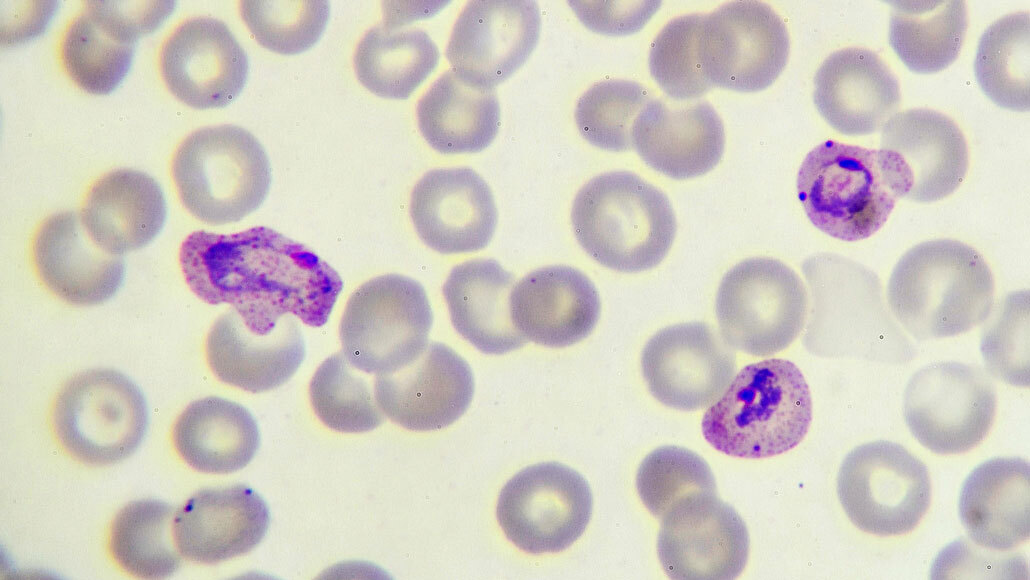This gives extensive information about malaria, it's diagnosis, treatment, etc.
Monday, February 22, 2021
How malaria parasites hide from the human immune system
Erin Garcia de Jesus outlines malaria parasites in the human immune system in this article. Malaria parasites hide out in the human body by keeping the cells they infect from clinging to blood vessels. They do this during Africa's dry season since mosquitos are scarce so the parasites have a hard time spreading. Silvia Portugal her colleagues did experiments on dry season and wet season parasites and they found that blood cells infected with malaria use certain proteins to adhere to blood vessels. There is a loss of stickiness and this could be because of two things: Either because the parasite makes fewer of these proteins or because the proteins are different in some way. Parasitologist Abdirahman Abdi says that to narrow down which genes may be affecting stickiness researchers might need to compare genetic activity in parasites at the same stage. It's crazy to think that malaria can actually hide itself in the human body, undetected. Scientists findings help researchers better understand how these parasites turn on and off their genes during the wet and dry seasons so more tests can be conducted.
Labels:
malaria
Subscribe to:
Post Comments (Atom)

If those scientists do manage to discover in the malaria genome, which gene cause them to stick to blood cells, there could be research in how to combat against it. Prevent the malaria from attacking further more or even stopping it in its tracks.
ReplyDelete